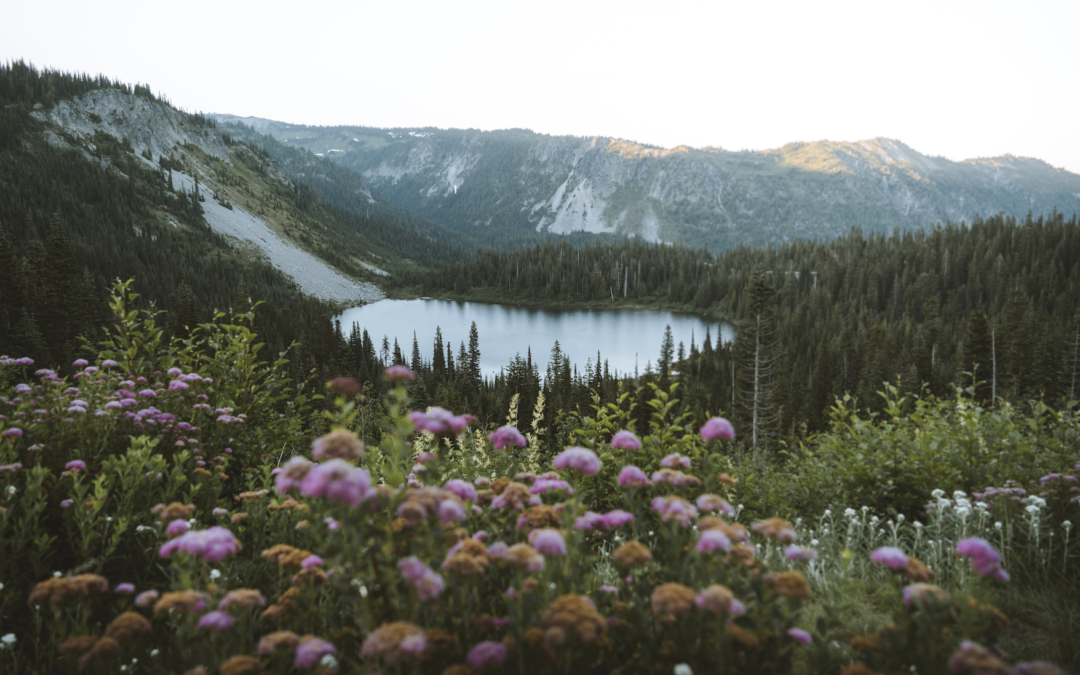The main goal of COP28 is to assess global efforts to limit global warming to 1.5°C above pre-industrial levels, as agreed upon by 195 countries in the Paris Agreement in 2015. The negotiations are focusing on energy transition, adaptation, and finance. This year’s conference has been referred to as the ‘implementation COP’ as many believe it will serve as a plan for climate action while also being “the stage for operationalizing the loss and damage fund to help countries that have suffered irreversible climate-driven damage and for parties to agree on frameworks to enhance climate resilience and adaptation.”
It is WAY past time that governments start implementing various agreements, resolutions, and frameworks that actually move the needle on climate.
And yet, few are talking about the topics of OneNature’s recent blogs, including the link between overconsumption, happiness, and climate (see Enough is Enough! and Connecting Climate, Biodiversity, and Well-being Solutions).
Leading up to the conference, a few other voices looked at overconsumption, well-being, and climate. A report by the World Economic Forum argues that COP28 should address the issue of overconsumption, which is driving both climate change and inequality. It suggests that shifting to a circular economy, where resources are reused and recycled, could create more jobs, reduce emissions, and improve well-being. Similarly, the Well-being Economy Alliance released a series of stories called “Systems Change not Climate Change” with case studies of economic systems change in action, for example.
Another priority of OneNature is the need to focus on natural climate solutions and understand and value wildlife’s role in regulating climate ecosystems. Leading up to COP 28, this was also highlighted in these great blogs by IFAW and the Wildlife Conservation Society.
And, of course, there are many who are concerned about the validity of the climate credits themselves – including the impacts of these projects on indigenous and local communities hardest hit by the climate crisis and bearing the brunt of local carbon offset projects that don’t prioritize their needs. Many have expressed skepticism about these projects, such as a forest project in Zimbabwe and a grassland project in Northern Kenya.
One thing is for sure: there is a LOT of money to be made addressing the climate crisis through various financial mechanisms and investments pouring into technology for the sector. The interests of local communities and animals are not always at the top of the priority list of governments or investors who are meeting at the COP. And if we, as a society, don’t reevaluate our relationship with nature, any progress we make towards reducing carbon emissions and increasing adaptation will only be a temporary fix.
Over the past year, OneNature has been exploring partnerships with regenerative agriculture organizations that work on planting crops that both regenerate the soil (capturing and storing carbon that could be sold to benefit the community) and increase value chains for the participating farmers. There are also significant potential benefits for biodiversity in these areas, especially if the project areas create or expand corridors for wildlife. OneNature brings our expertise to support the partnerships by assessing and monitoring the overall well-being of the communities engaged.
It was with that in mind that my co-authors (John Waugh, Laura Musikanski, Craig Talmage, and Dehara Weeraman) and I recently finalized a paper (submitted for publication) outlining a proposal for a well-being framework for communities impacted by climate offset projects.
Our framework includes key objective well-being indicators — like how many people are going to school or how many people can now access health care. It also includes subjective well-being indicators – or how well-being is experienced by the “subjects” of the project, the communities. These indicators include questions about how satisfied people are with their access to education and health care, for example, and monitor how satisfaction with specific areas of life and overall life satisfaction change throughout the project.
We developed a framework that harmonizes well-being indicators used in two of the major standard-setting bodies in the carbon offset sector, the Gold Standard and the Verra CCB standard, and we adapted and included our Wild Happiness well-being survey instrument to provide a meaningful and robust view of the well-being of a community.
I will be waiting for the results from the COP with a cautious but hopeful eye, and OneNature will continue to look for opportunities to increase well-being in climate projects. We will continue to beat the drum that the core of any real solution to addressing climate change is to live in connection with nature, other humans, and other non-human animals.
Donate to bring Wild Happiness to communities and wildlife
Image by Peter Thomas via Unsplash.
